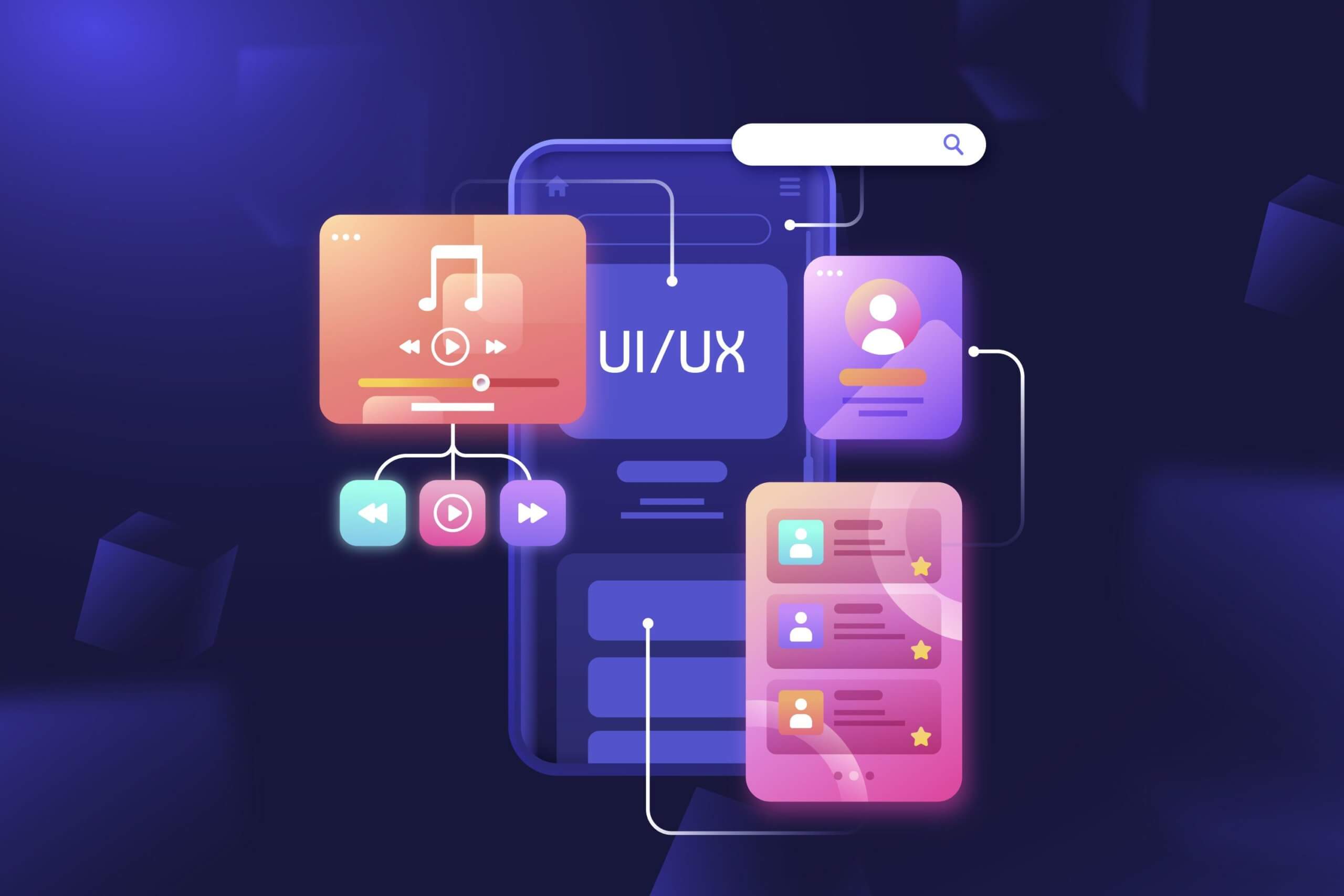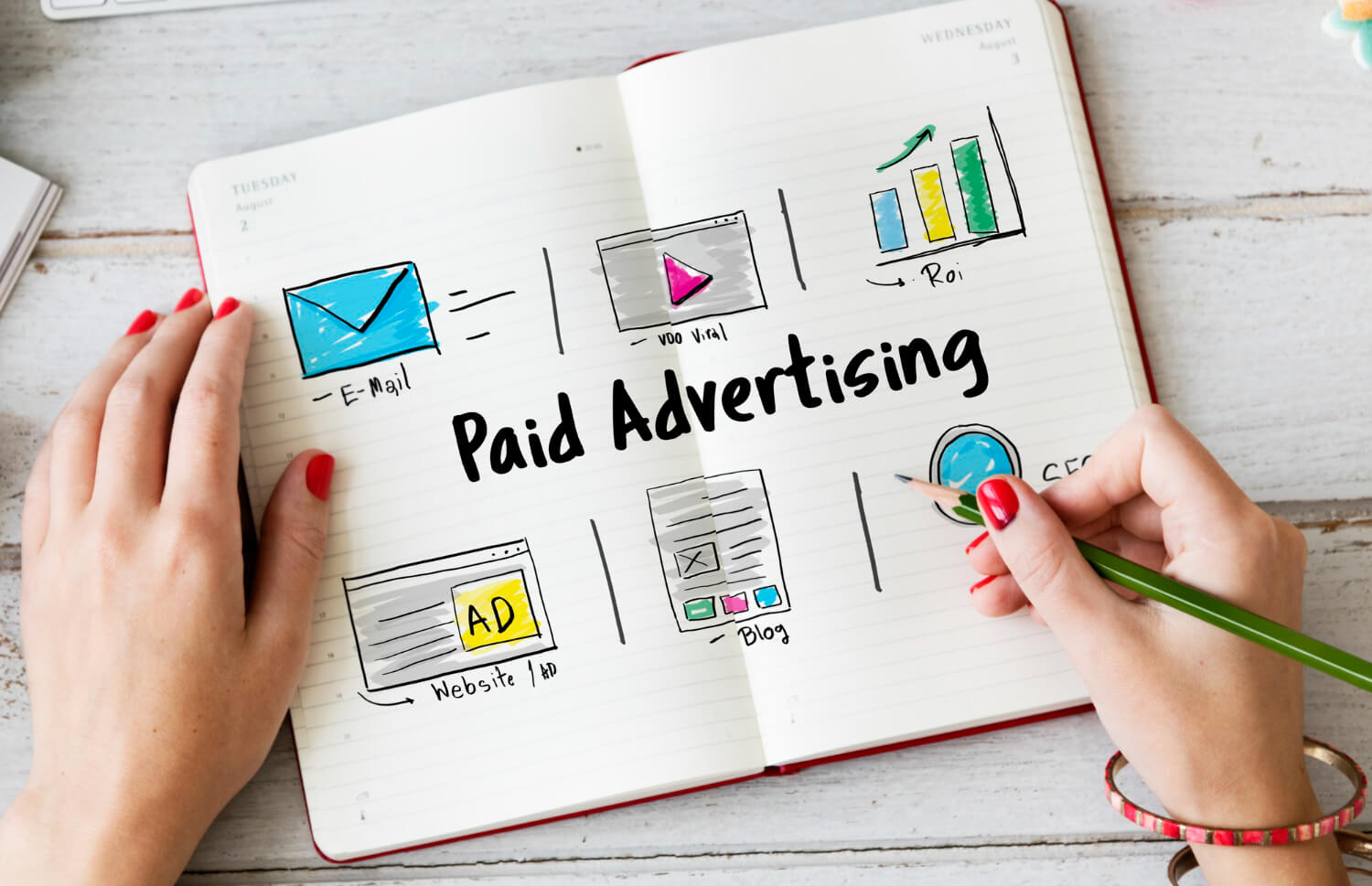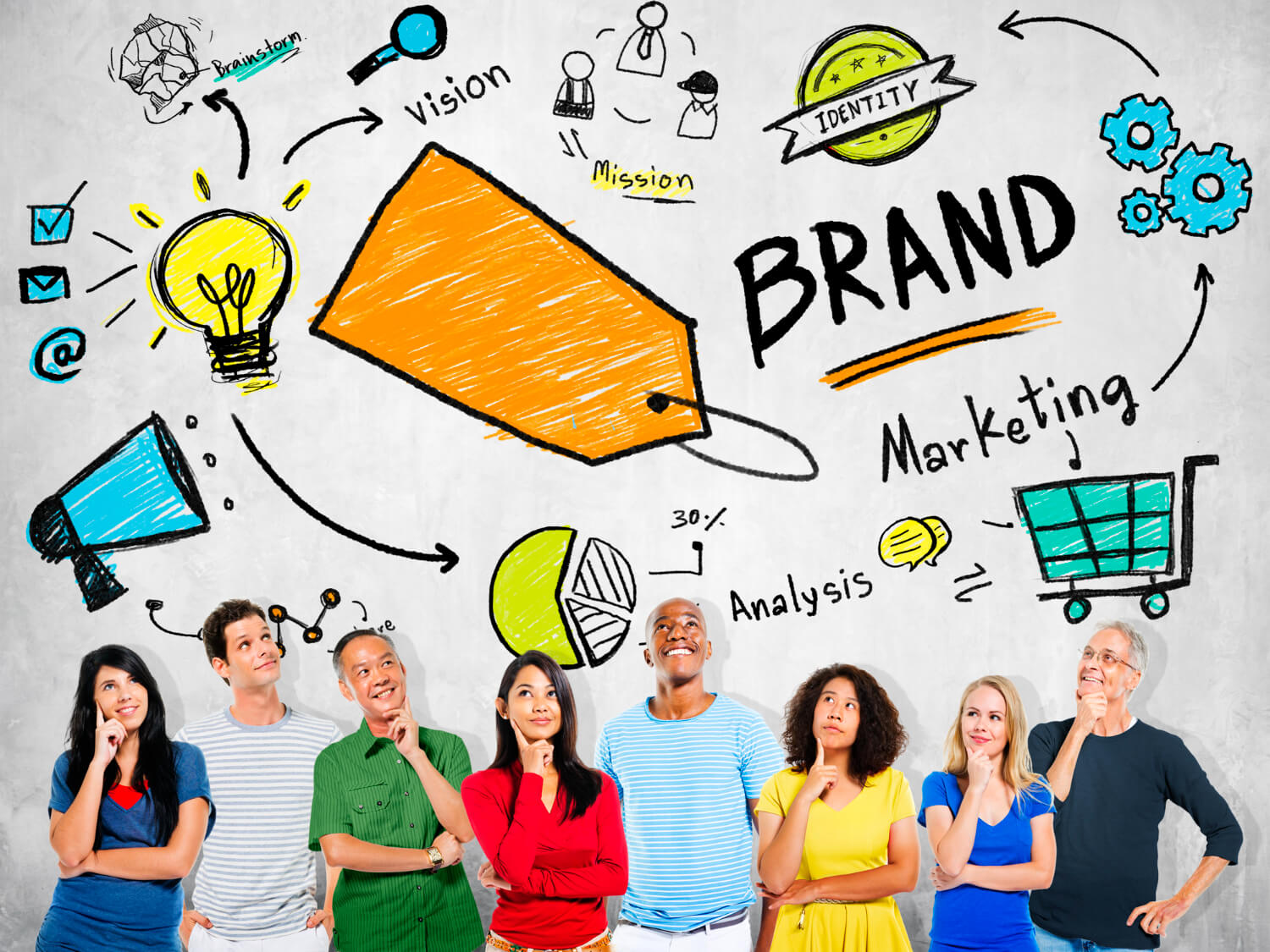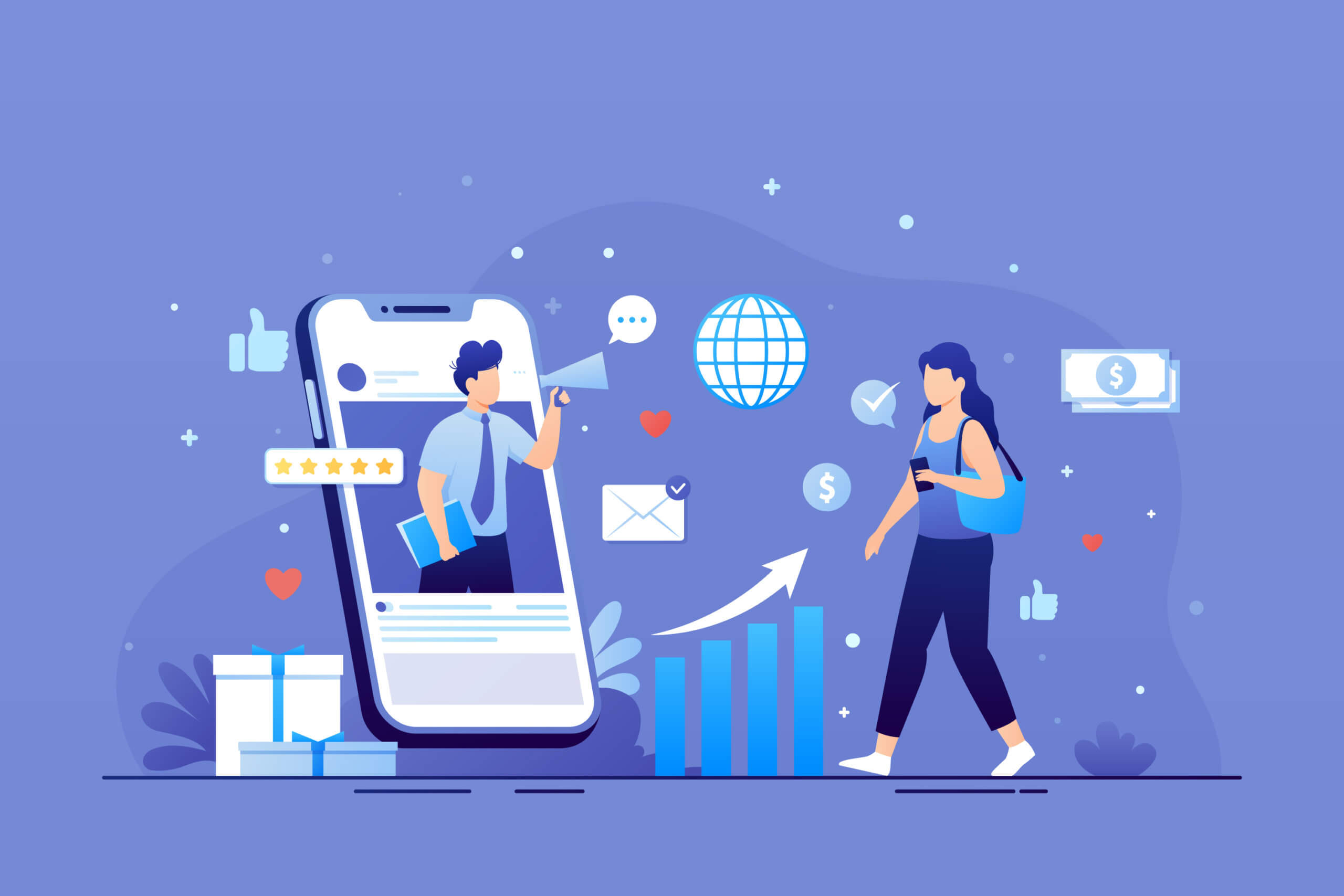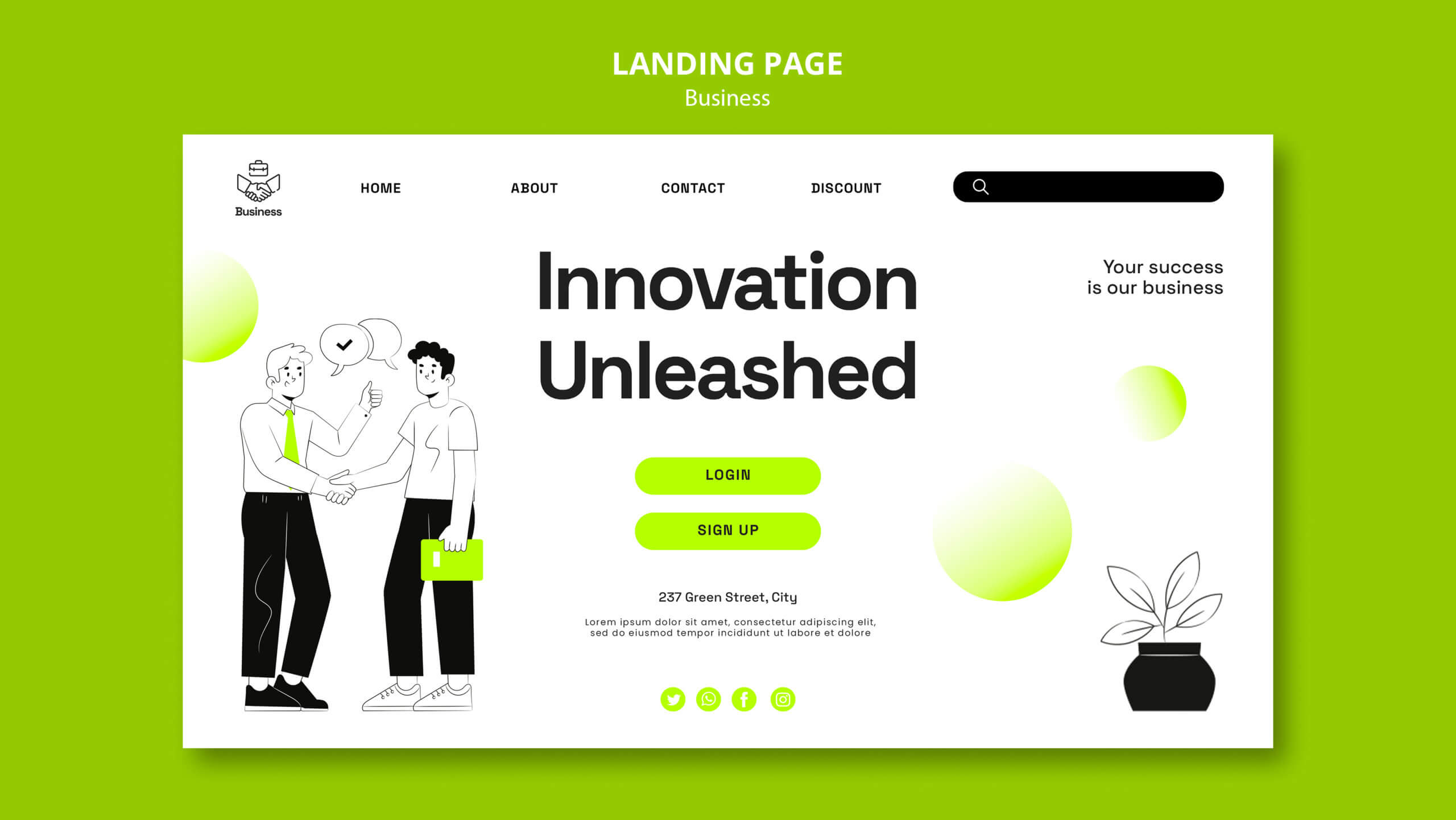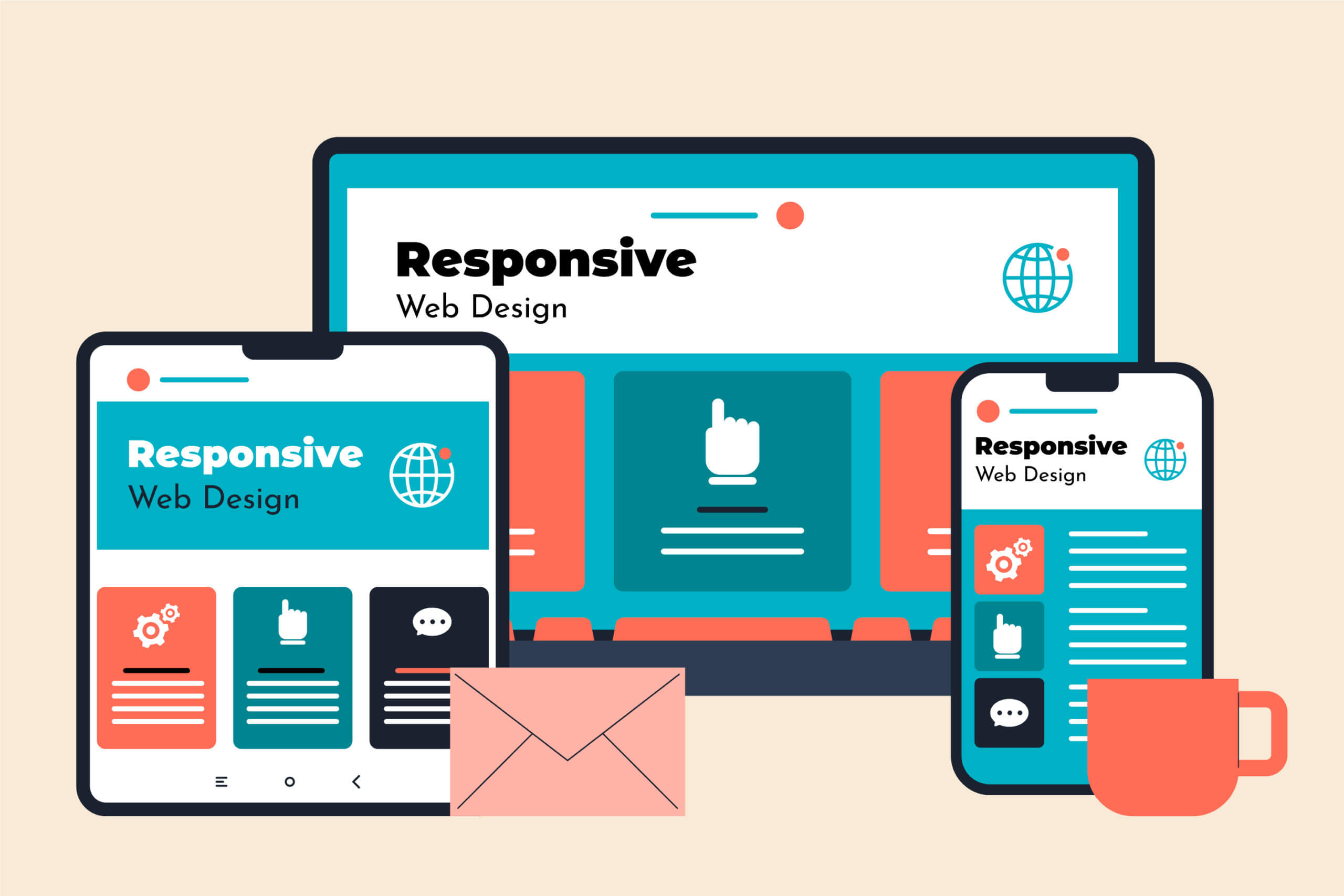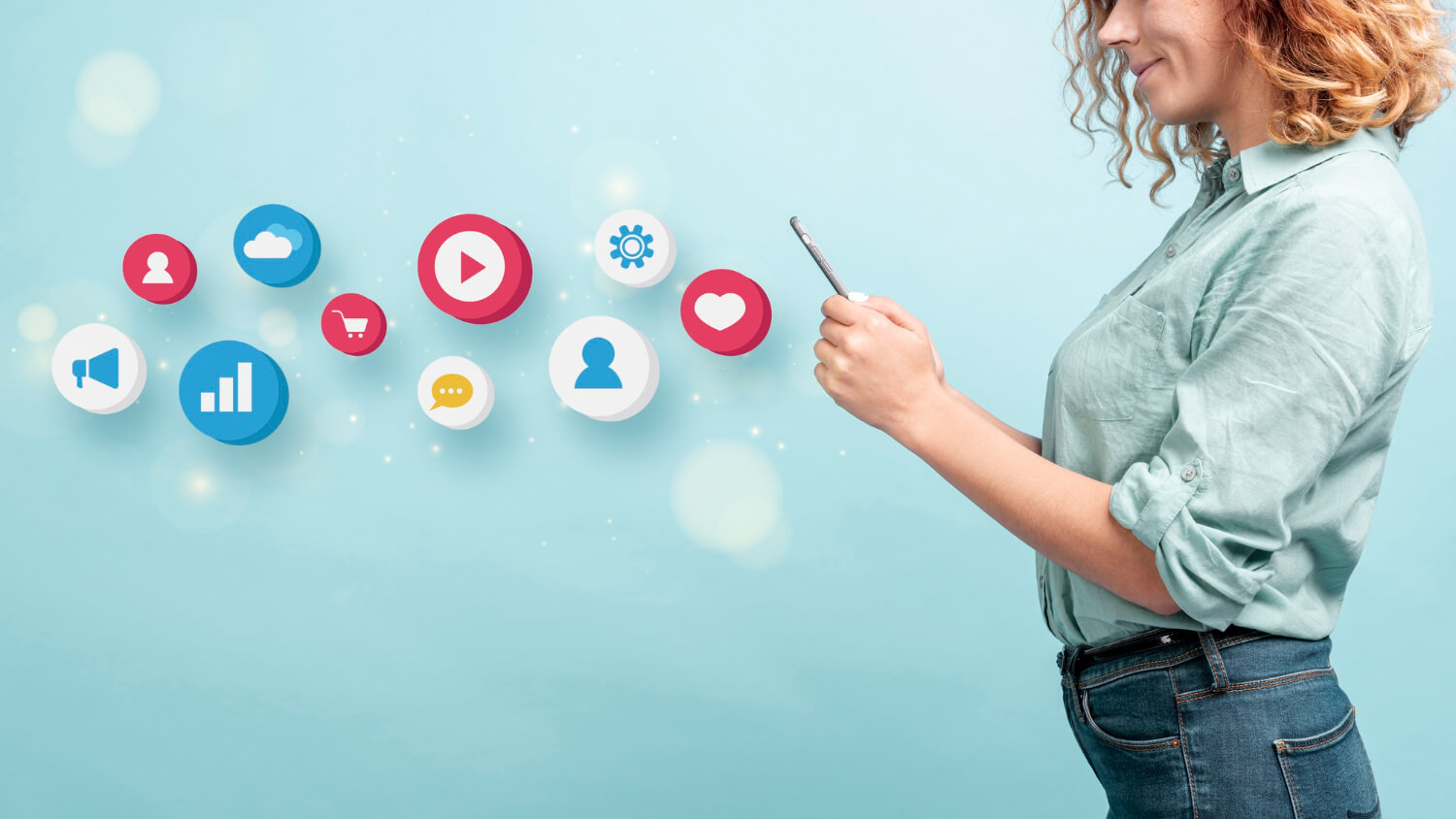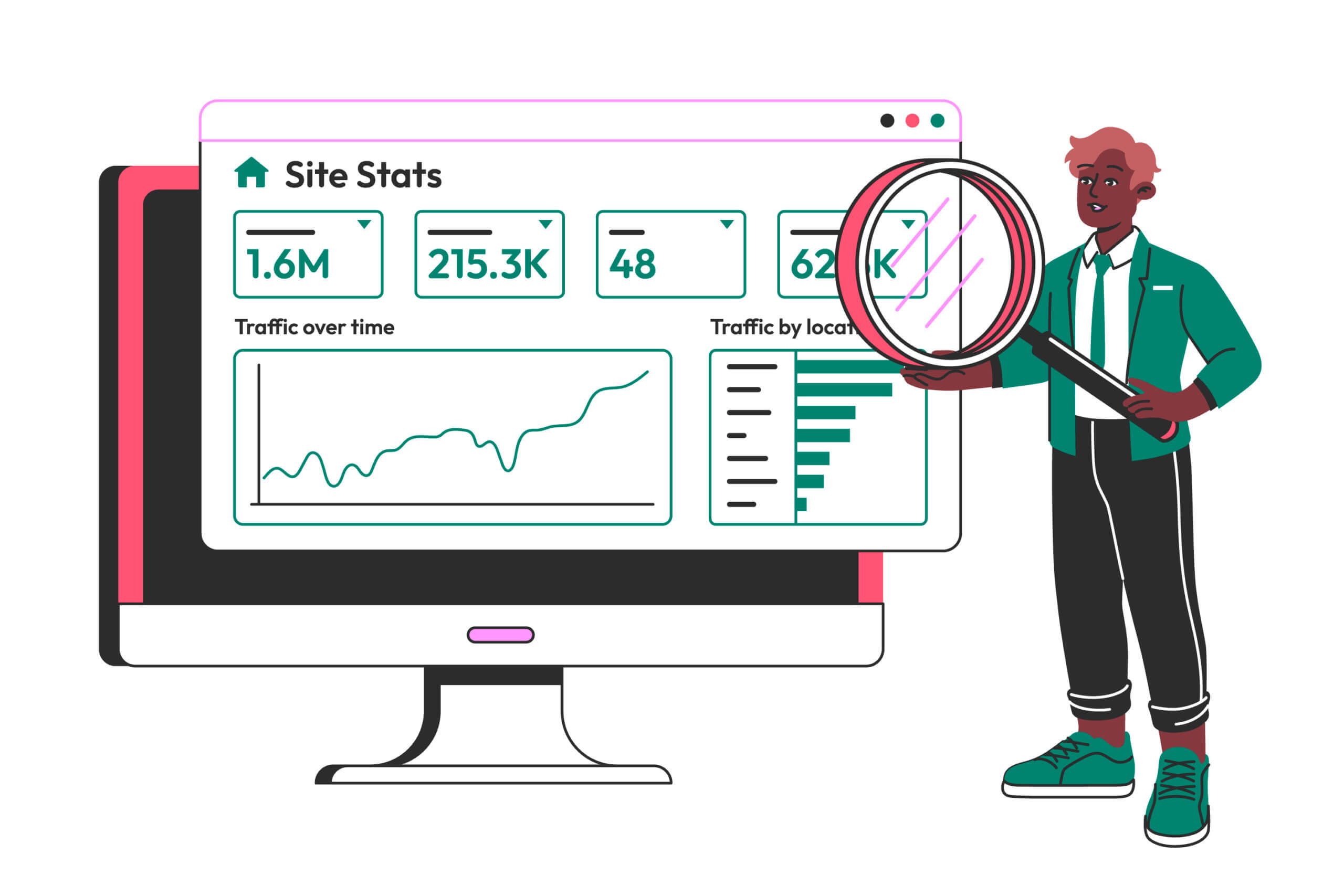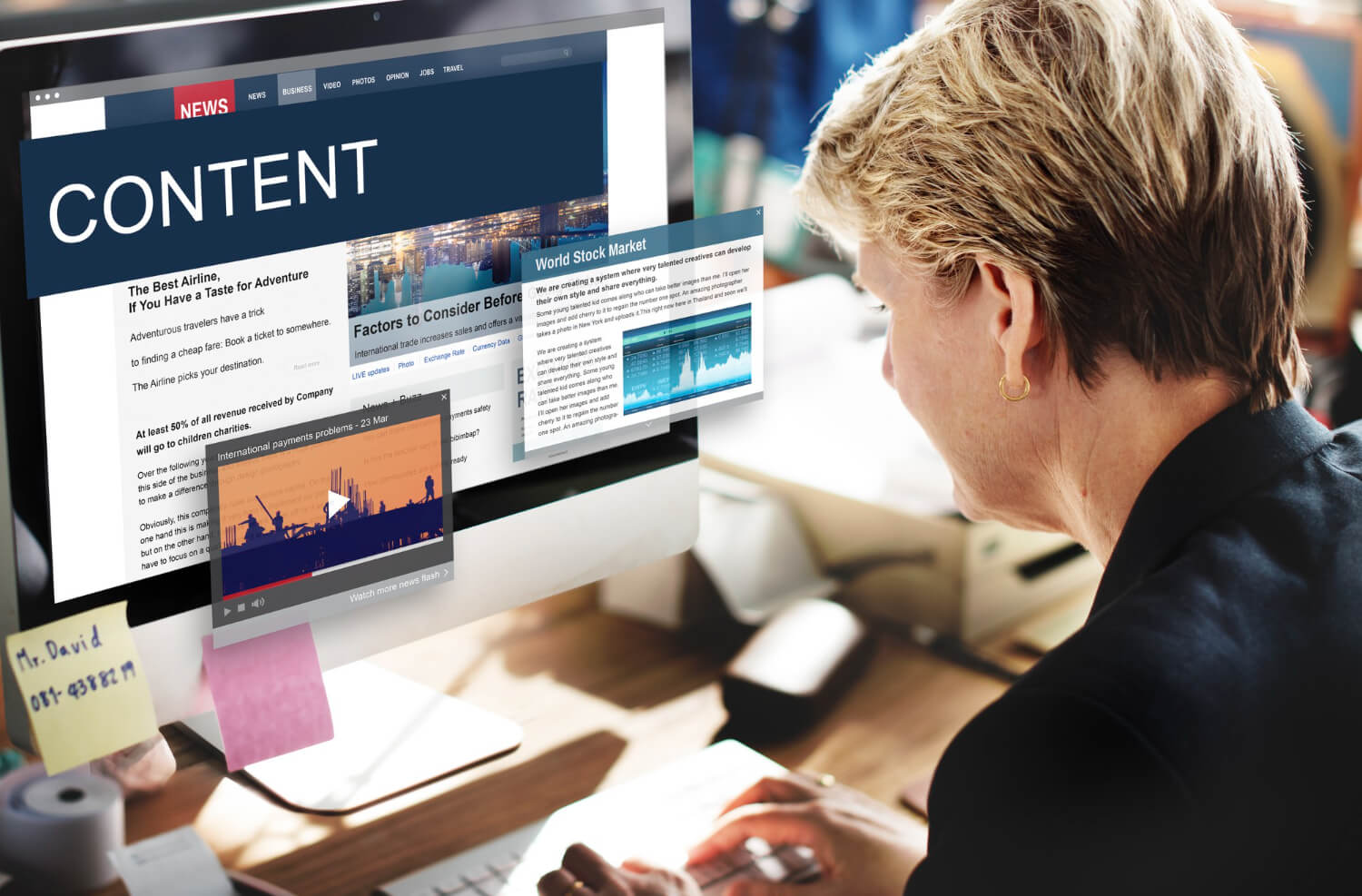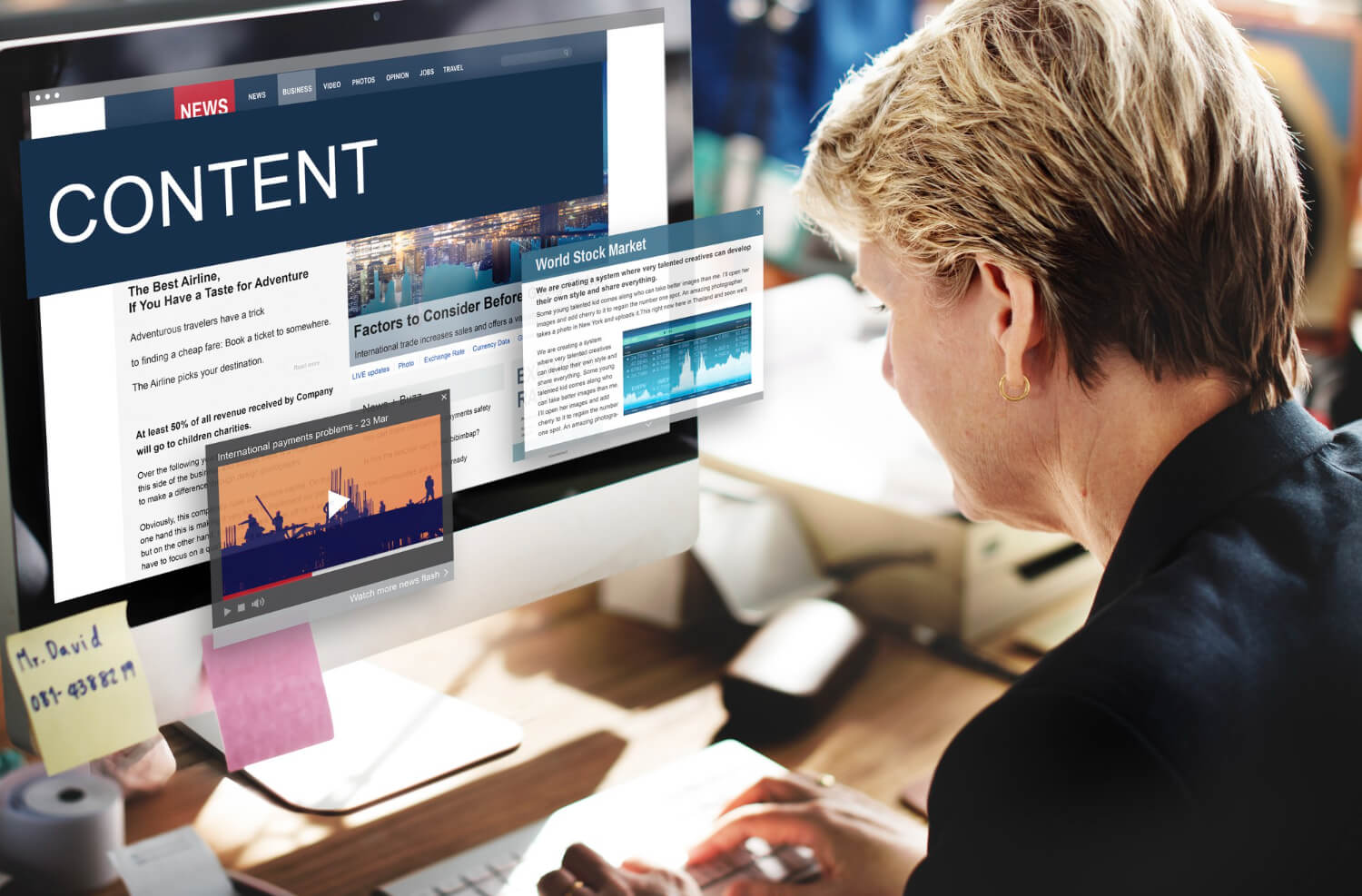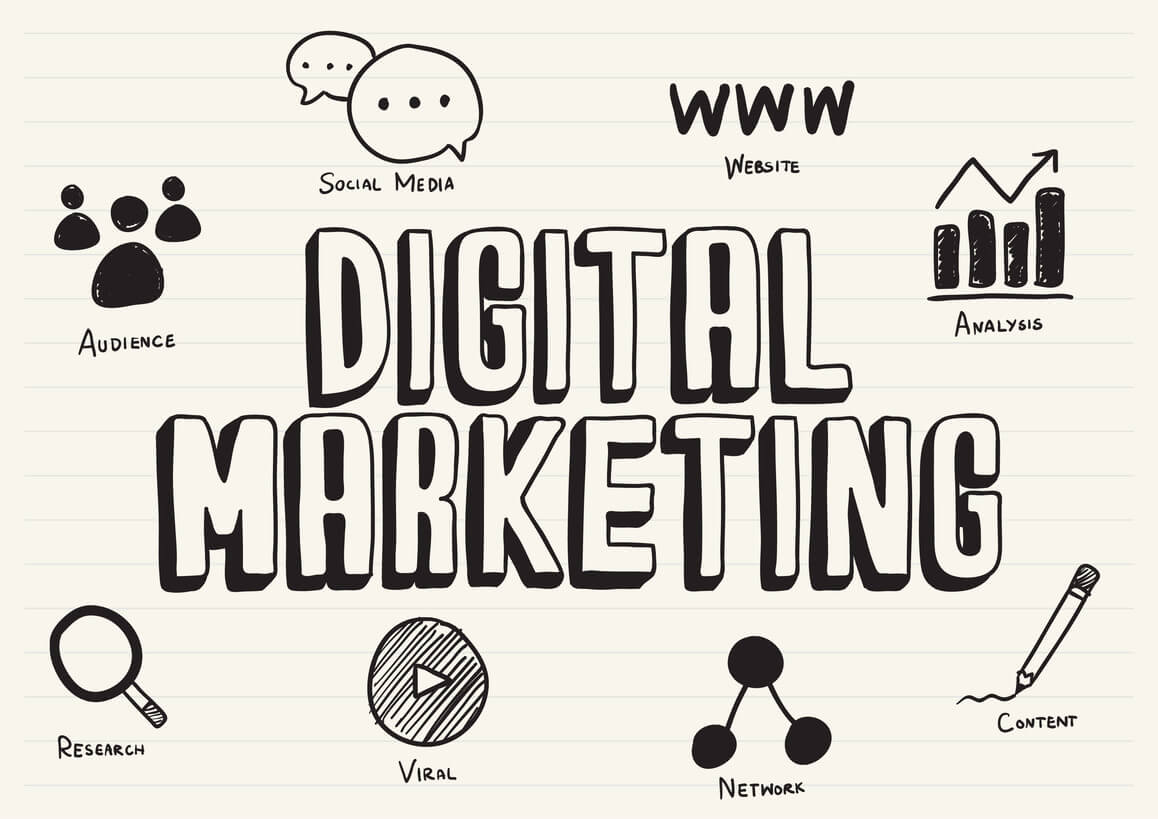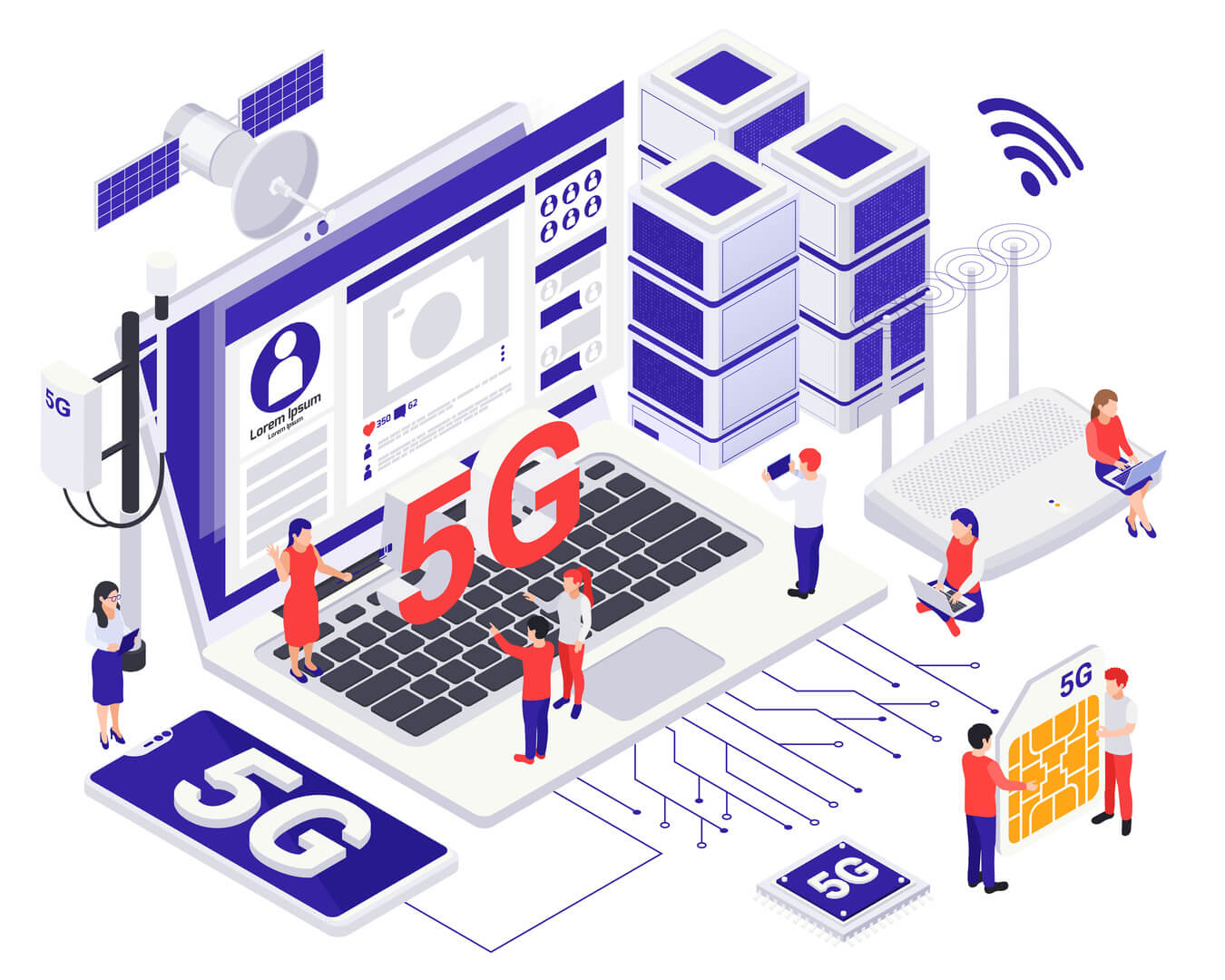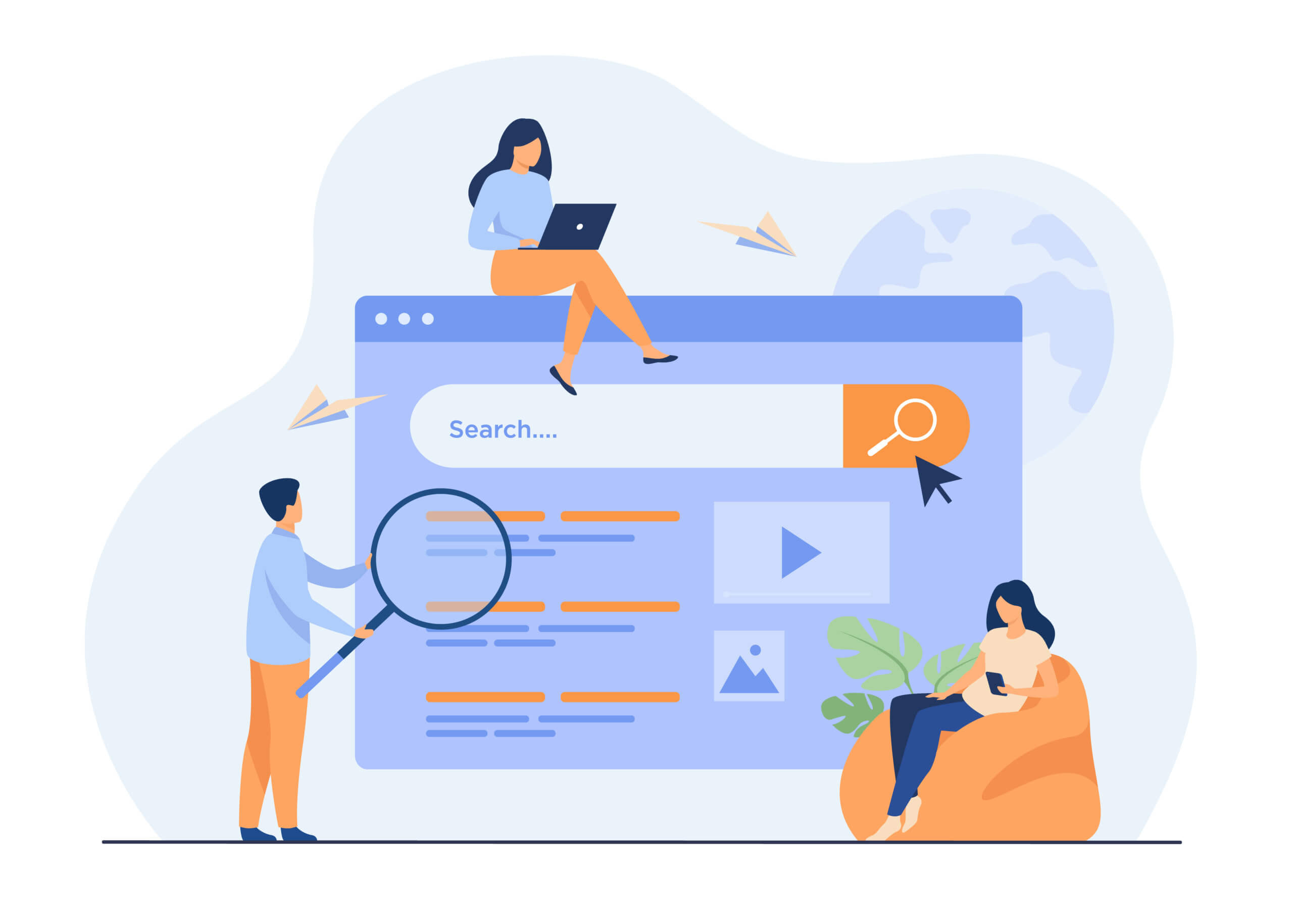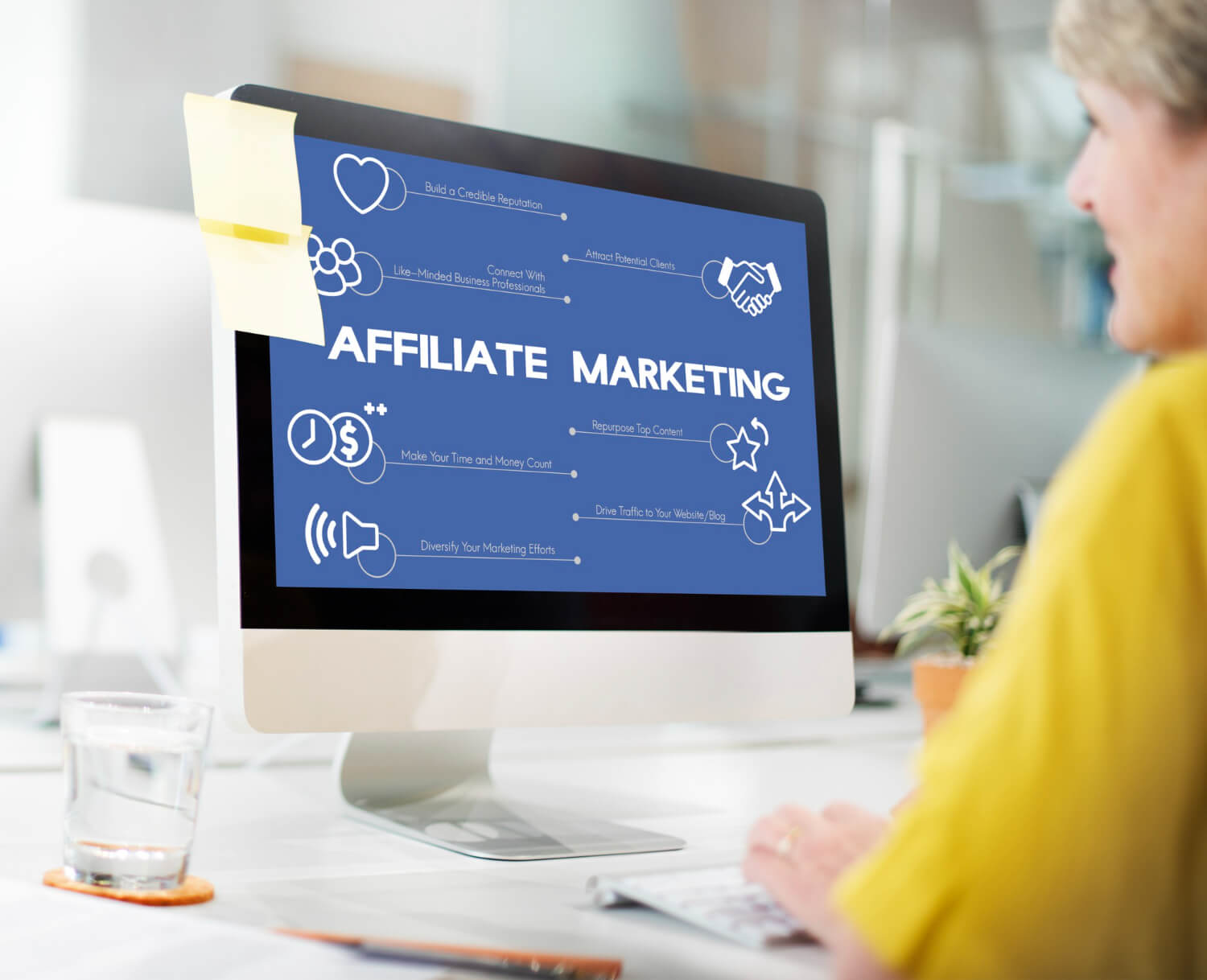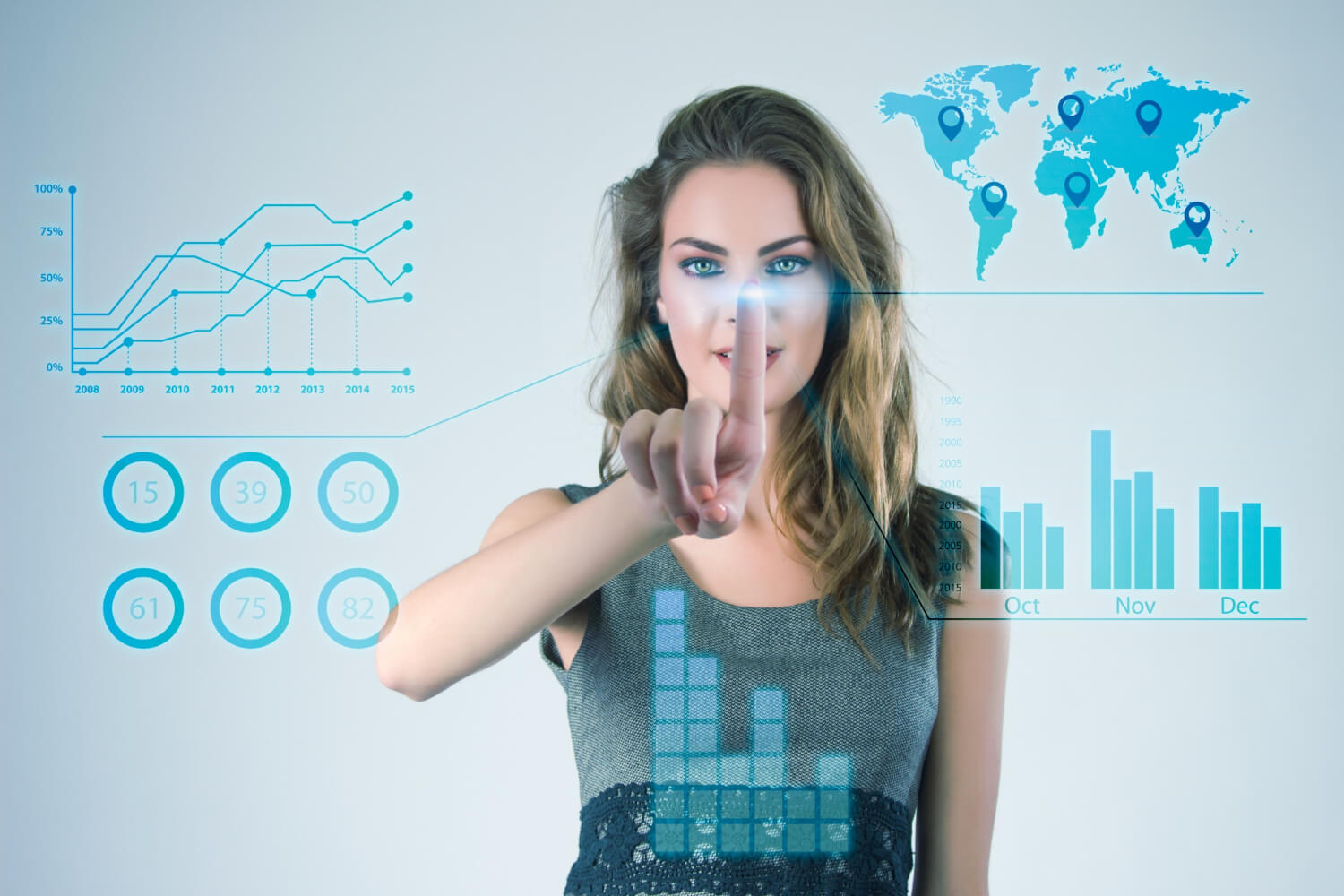
The rapid advancement of technology has brought many changes to the realm of digital marketing. Among the most transformative have been the developments in Artificial Intelligence (AI) and Machine Learning (ML). From automated ad campaigns to personalized content delivery, these technologies are redefining the digital marketing landscape. Here’s a closer look at how AI and ML are shaping the future of digital marketing strategies:
1. Personalization at Scale:
Traditional marketing often involved a one-size-fits-all approach. With AI and ML, it’s possible to analyze vast amounts of user data to offer personalized content, products, or services. This kind of tailored approach leads to higher engagement rates, better customer loyalty, and increased sales.
2. Chatbots and Virtual Assistants:
Many businesses now utilize chatbots to enhance user experience on their websites and apps. These AI-driven tools can answer queries, resolve issues, or even assist in the purchasing process 24/7, thereby enhancing user engagement and driving sales.
3. Predictive Analytics:
Machine learning can predict future trends based on historical data. For marketers, this means anticipating what customers might be interested in next, allowing for proactive marketing strategies and better inventory management.
4. Improved Ad Targeting:
AI algorithms analyze user behavior, interests, and demographics to optimize ad placements. This means businesses can serve highly targeted ads, ensuring higher conversion rates and better ROI.
5. Content Creation and Curation:
AI tools like GPT-3 or its successors can create content, from simple marketing copy to more complex articles. Moreover, ML can curate content for individual users based on their behavior, ensuring that the audience always receives relevant and engaging content.
6. Voice Search Optimization:
With the rise of virtual assistants like Alexa, Siri, and Google Assistant, optimizing for voice search has become crucial. AI can help understand voice search queries better and ensure content is optimized for this growing medium.
7. Visual Recognition in Marketing:
AI-powered visual recognition can identify objects, scenes, and faces in images and videos. This can be used for more effective ad placements or to understand user preferences and behaviors.
8. Customer Journey Mapping:
With AI, it’s possible to track a customer’s entire journey, from the first touchpoint to the final sale, and every interaction in between. This provides invaluable insights into where and how to optimize the marketing funnel.
9. Enhanced Marketing Automation:
From sending personalized emails to re-targeting ads, AI and ML are making automation more efficient and effective. Tasks that once took hours can now be accomplished in seconds.
10. Monitoring and Analysis:
AI tools provide real-time insights and analytics, helping marketers adjust their strategies swiftly. They can detect shifts in market trends, audience behavior, or even sentiment analysis on social platforms.
Conclusion:
The integration of AI and Machine Learning in digital marketing isn’t just a trend—it’s a revolution. These technologies are enabling marketers to be more efficient, make data-driven decisions, and provide a personalized experience to their audiences. As AI and ML continue to evolve, their influence on digital marketing strategies will only grow, making it imperative for businesses to adopt and adapt.



